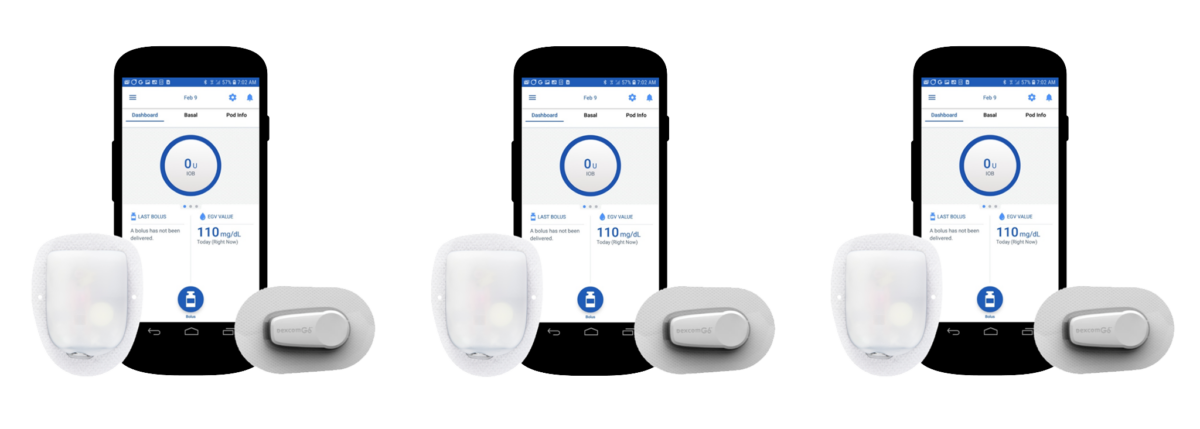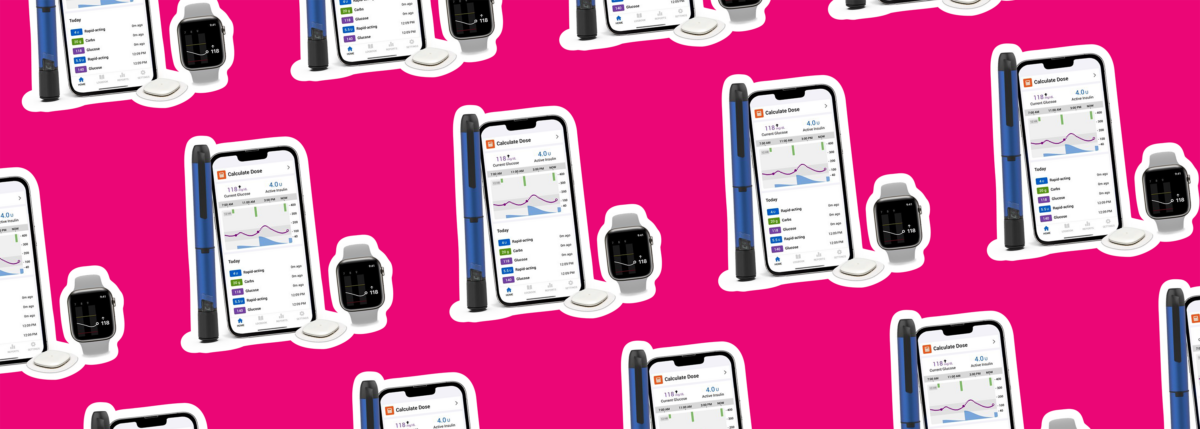Nasal Glucagon Baqsimi Approved by the FDA
Written by: Jordan Dakin
3 minute read
July 24, 2019
Editor’s Note 1/23/20: Lilly announced today that Baqsimi is now available in Canada. The treatment was approved by Health Canada with ethical status, making it available at pharmacies with or without a prescription. More information can be found at baqsimi.ca.
Editor’s Note 8/9/19: Lilly Announced that Baqsimi is now available in many U.S. Pharmacies. Patients with a prescription are encouraged to check with their local pharmacy before filling their prescription. Additionally, Lilly has announced the introduction of two offers to help people get Baqsimi at little to no cost. These programs will launch on or before August 16, and more information can be found at baqsimi.com/patient-support.
On July 24, the FDA approved Baqsimi, the first non-injectable emergency treatment for severe episodes of hypoglycemia. Submitted for approval by Eli Lilly and Company, this powder form of glucagon is administered into the nose, and comes in a single-use dispenser.
Once administered, Baqsimi works to rapidly increase blood glucose levels by stimulating the liver to release accumulated glucose into the bloodstream.
Glucagon is the standard treatment in situations of severe hypoglycemia, but until now, all approved treatments have come in the form of an injection. Injectable glucagon has been available for several decades, but is not shelf-stable at room temperature and therefore requires mixing a powder and liquid with a syringe, which can be intimidating and prone to user error in emergency situations.
“People who are living with diabetes are at risk of their blood sugar levels falling below the normal range. There are many products on the market for those who need insulin, but until now, people suffering from a severe hypoglycemic episode had to be treated with a glucagon injection that first had to be mixed in a several-step process,” said Janet Woodcock, M.D., director of the FDA’s Center for Drug Evaluation and Research.
Baqsimi was evaluated in two studies of 83 and 70 adults with diabetes respectively, during which a single dose of the nasal powder was compared to a single dose of glucagon injection. The U.S. Food and Drug Administration (FDA) reported that Baqsimi was satisfactory in increasing blood glucose levels. A pediatric study of 48 patients with type 1 diabetes also saw similar results.
Notably, Baqsimi does not need to be inhaled and therefore can be administered to an unconscious person suffering from severe hypoglycemia.
“This new way to administer glucagon may simplify the process, which can be critical during an episode, especially since the patient may have lost consciousness or may be having a seizure. In those situations, we want the process to treat the suffering person to be as simple as possible,” added Woodcock, M.D.
Representatives from Eli Lilly have indicated that Baqsimi should be available in U.S. pharmacies within a month. The U.S. list price for a Baqsimi one-pack will be $280.80, which is the same price as injectable glucagon. Beyond Type 1 is hopeful the new drug will be widely covered by all insurance plans that currently cover injectable glucagon.
“Severe hypoglycemia is an unpredictable event for people with diabetes that can happen anytime, anywhere. It’s an experience that can be very stressful and difficult for those helping a person in a low blood sugar emergency,” said Dr. Sherry Martin, vice president of Lilly Medical Affairs. “The FDA’s approval of Baqsimi may help people prepare for these moments with an innovative product that has the simplicity of nasal administration.”
According to a press release, Lilly is in discussions with insurance providers to make the nasal glucagon available to as many people as possible. Additionally, the company is offering a savings card through the end of 2020 for patients with commercial insurance to obtain two devices for as little as $25.
Patients and healthcare professionals with questions about Baqsimi can visit www.baqsimi.com or call The Lilly Answers Center at 1-800-LillyRx (1-800-545-5979).
Read the full press release from the FDA here.

Author
Jordan Dakin
<a href="https://beyondtype1.org//leadership/jordan-dakin/">Jordan</a> recently graduated from the University of California, Los Angeles after earning her BA in English and Film Studies. She is a passionate storyteller, traveler and lover of people and hopes to use her experience working in tech and as a writer to advocate for the BT1 community. In her spare time, she also enjoys hiking, karaoke and cooking for friends. Check her out on Instagram: <a href="https://www.instagram.com/jordanemilydakin/">@jordanemilydakin</a>.
Related Resources

Already compatible with Dexcom’s G6 and G7 continuous glucose monitors (CGMs), the Omnipod 5 Automated...
Read more

The younger a person is diagnosed with type 2 diabetes, especially those with obesity, the...
Read more

The Oura Ring, which tracks things like sleep, heart rate, and activity, is joining forces...
Read more

